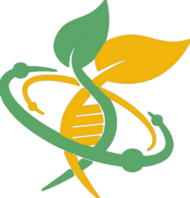
2P4S2F
Summer School

2P4S2F
Summer School

Summer School

Summer School
Application: by April 20th, 2025
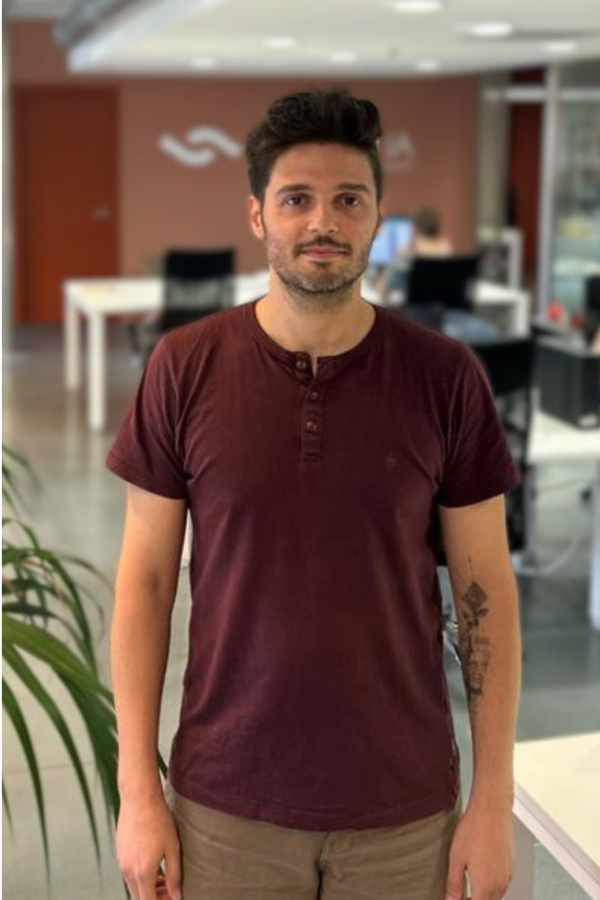
Matteo Schiavinato is a senior bioinformatician at Sequentia Biotech (Barcelona, Spain). He graduated in Molecular Biology at the University of Padova in 2015, and obtained his PhD in Bioinformatics at the University of Natural Resources and Life Sciences (Vienna, Austria) in the group of prof. Heinz Himmelbauer, in 2020. He then continued his academic career as a postdoctoral fellow at the Barcelona Supercomputing Center (BSC) in the group of prof. Toni Gabaldon, working on Fungal Genomics and heterozygosity analysis pipelines. Fascinated by computational development and automation, after a few years he decided to step out of academia to pursue an industry career focused on analysis optimization. At Sequentia Biotech, he oversees multiple development projects for clients that range from academic professors to big corporations in health and agricultural applications. His areas of expertise are Nextflow, Docker, and cloud computing.

Alessandra Villani graduated in Biology and obtained her PhD in Evolutionary and Environmental Sciences in 2016 at the University of Bari. Since 2022, she has been a researcher at CNR-ISPA in Bari. Her research primarily focuses on fungal genetics and genomics, aiming to understand the mechanisms driving fungal diversity and the evolutionary processes acting upon distribution of secondary metabolite biosynthetic gene clusters among toxigenic fungi.
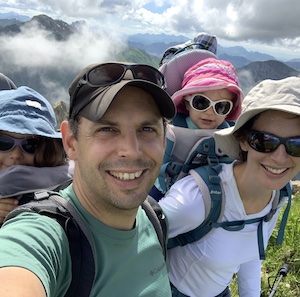
Daniel Croll is a Professor of Evolutionary Genetics and Director of the Institute of Biology at the University of Neuchâtel, Switzerland (Assistant Professor 2017-2022, Full Professor 2023-). He cur-rently serves as the Director of the Institute of Biology (2024-) and the Western Switzerland Microbi-ology Doctoral Program (2022-). He completed his PhD in 2009 at the University of Lausanne, fol-lowed by a postdoctoral position at the ETH Zurich with Prof. Bruce A McDonald. Daniel received a Swiss National Science Foundation Advanced Postdoctoral Fellowship to join the lab of Prof. James Kronstad at the University of British Columbia in Vancouver from 2013-14. Daniel returned to Swit-zerland as a junior group leader and lecturer at the ETH Zurich from 2015-16. Daniel has a broad range of interests ranging from population genetics, microbiology, bioinformatics and conservation genomics.
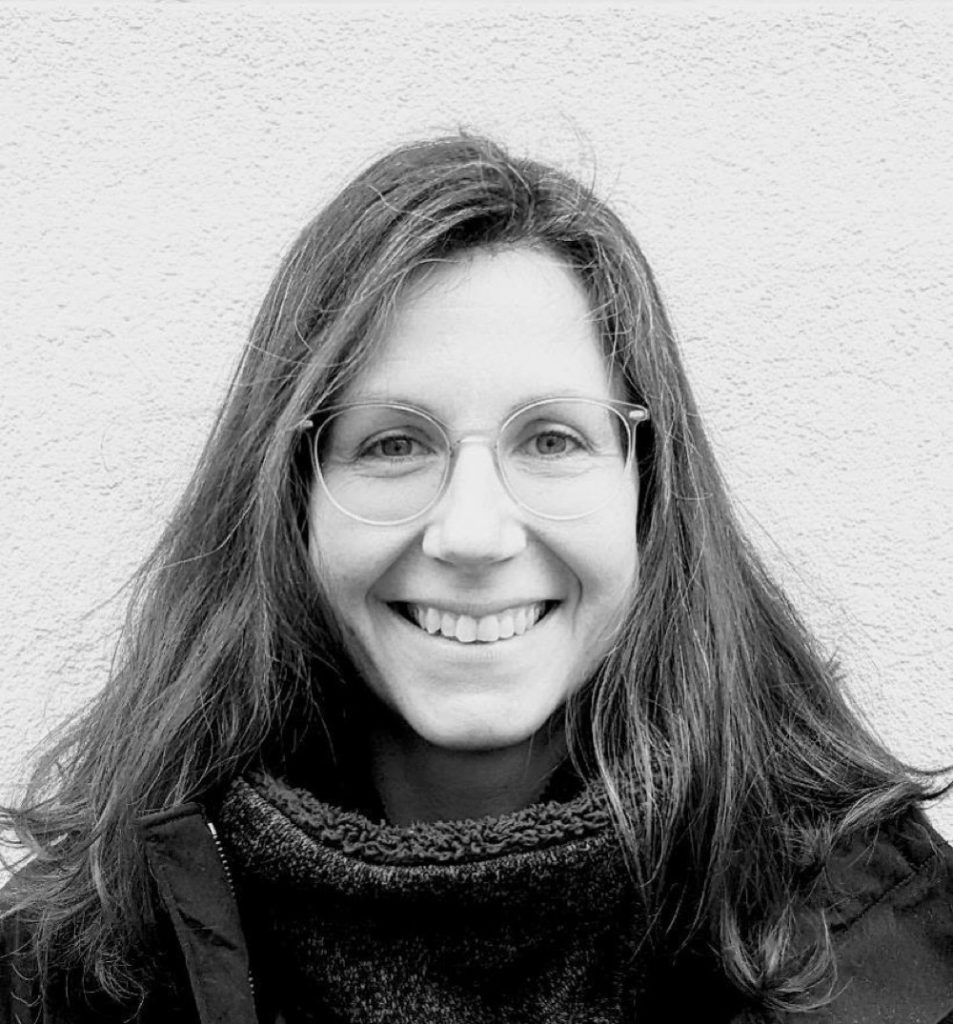
Dr. Lea Atanasova is a senior researcher at BOKU University Vienna, Austria, specializing in fungal-fungal and fungal-plant interactions, with a particular focus on opportunistic and mycoparasitic fungi. She received her PhD in 2013 from TU Vienna, Austria, where she studied molecular evolution and ecological genomics of necrotrophic mycoparasites. Her postdoctoral research focused on the molecular mechanisms of fungal interactions, including sensing, signaling and regulation of biotrophic and saprotrophic interactions. Since 2018, she has been a principal investigator focusing on oxidative and carbohydrate-active enzymes of mycoparasitic fungi and their role in plant-fungal and fungal-fungal interactions.
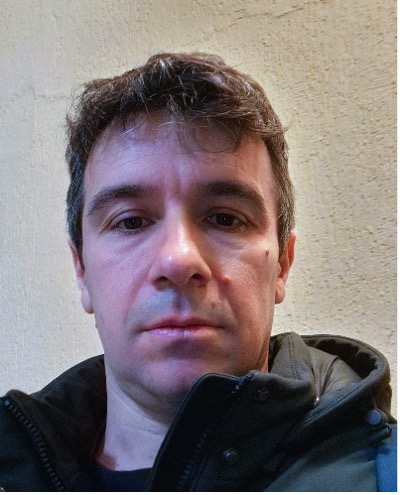
Luigi Faino has been an Associate Professor in the Department of Environmental Biology (DBA) at the University of Rome since 2017. He obtained his PhD in Plant Biotechnology from the University of Naples “Federico II,” Italy, in 2008, following his studies in Plant Biotechnology at the same university. He conducted postdoctoral research in the Netherlands, specializing first in plant breeding and later in fungal genetics, genomics, and population studies. His work leverages Fusarium and Verticillium as model organisms to study fungal biology and evolution in soil-borne pathogens that share the same ecological niche. He applies genomics, transcriptomics, and proteomics to understand effector biology and evolution.
Currently, he teaches Bioinformatics in Plant Pathology and Principles of Bioinformatics to BSc students in Bioinformatics, Agriculture, and Industrial Biotechnology at Sapienza University of Rome. He also trains students in the application of Nanopore sequencing for pathogen detection and genome assembly.
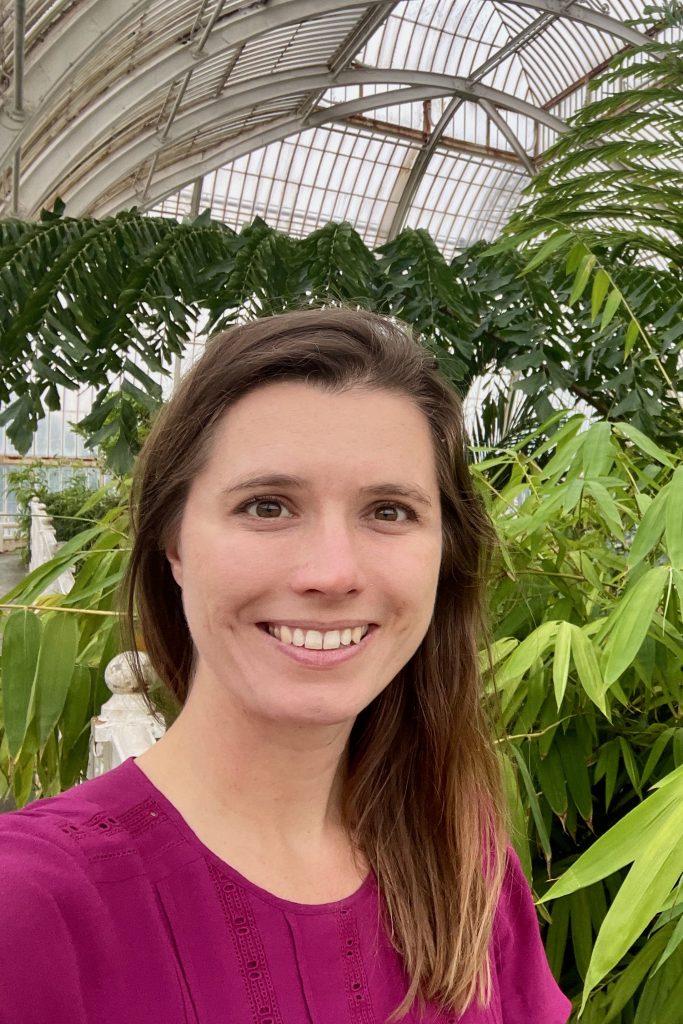
Megan’s work in plant pathology began as an undergraduate research assistant at the University of Arizona, where she worked from 2003-2007. After graduating she continued her work on plant pathogens while investigating the evolution of fungal wheat pathogen populations at the ETH Zürich. Megan completed her PhD in 2012 and obtained a fellowship, which brought her to the Solomon Lab at the Australian National University. At ANU, Megan spearheaded the integration of next-generation data into the laboratory’s existing projects on the molecular characterization of fungal pathogenicity genes. She joined the University of Birmingham as an Assistant Professor in 2020. She now leads a laboratory focused on defining the mechanisms the fungal pathogens use to adapt and cause disease in plants. To do this she uses a combination of both reverse genetics and -omics based approaches to identify novel virulence genes and characterise the plasticity and evolution of these genes in larger fungal populations.
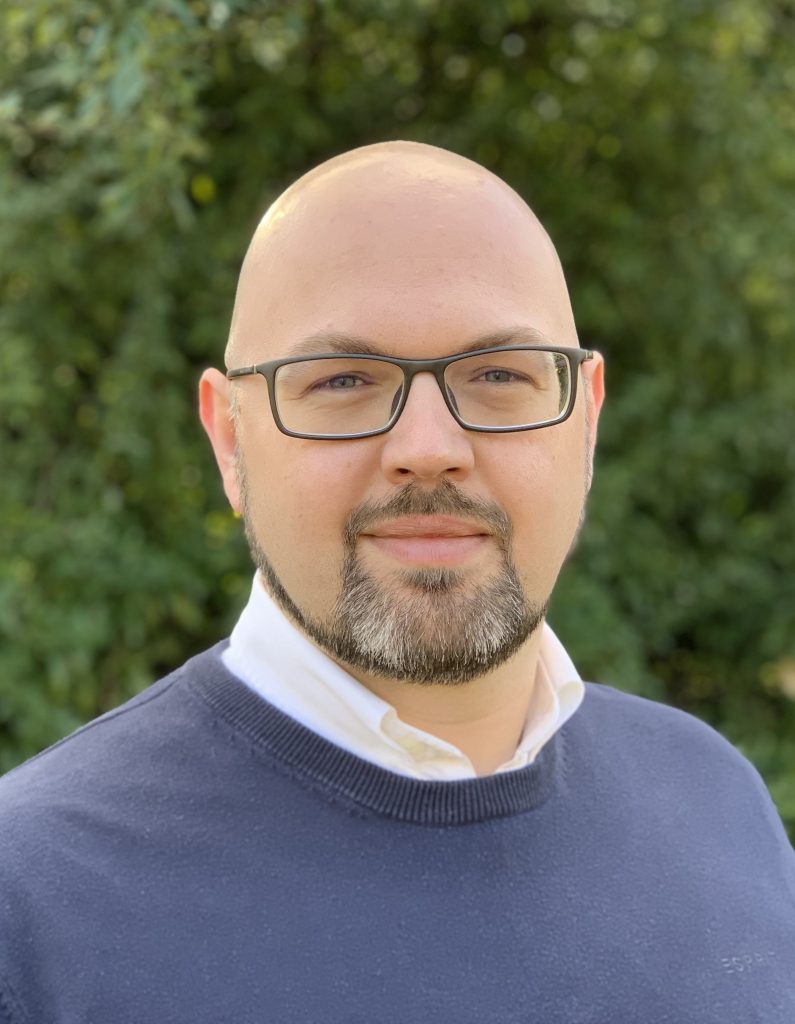
Michael Seidl is an Associate Professor at Utrecht University, the Netherlands. He heads the Microbial Genome Evolution team at the Department of Biology. The team develops and uses computational approaches alongside data from large-scale genomics experiments to elucidate processes that generate genome variation and study how these in turn affect genome organization, functioning, and evolution of filamentous plant pathogens.
Michael studied Biology at the University of Würzburg, Germany. He then obtained a PhD at Utrecht University, the Netherlands, studying the evolution of oomycete plant pathogens. He continued his career at Wageningen University & Research, we he worked as postdoctoral research with Bart Thomma on fungal pathogens’ genome and effector evolution. Upon receiving a VENI grant, he started his own research team, first in Wageningen University & Research and most recently at Utrecht University.

Riccardo Baroncelli has been an Associate Professor in the Department of Agricultural and Food Sciences (DISTAL) at the University of Bologna since 2021. He obtained his PhD in “Plant and Environmental Sciences” from the University of Warwick, UK, in 2013, following his studies in Agro-Industrial Biotechnology and Plant and Microbial Biotechnology at the University of Pisa. He has conducted postdoctoral research in France, Spain, and the UK, specializing in fungal genetics, genomics, and population studies. His work leverages Colletotrichum as a model organism to explore the molecular mechanisms underlying fungus-plant interactions.
Riccardo has authored over 88 peer-reviewed scientific articles and contributed to four book chapters. His current research focuses on plant pathology, pathogen genomics, biocontrol agents, and fungal evolution, with a particular emphasis on the molecular interactions between microorganisms and plants. He is an active member of scientific societies, including, GSA, BSPP, BMS, APS and SIPAV, and is involved in several international projects dedicated to advancing plant health.